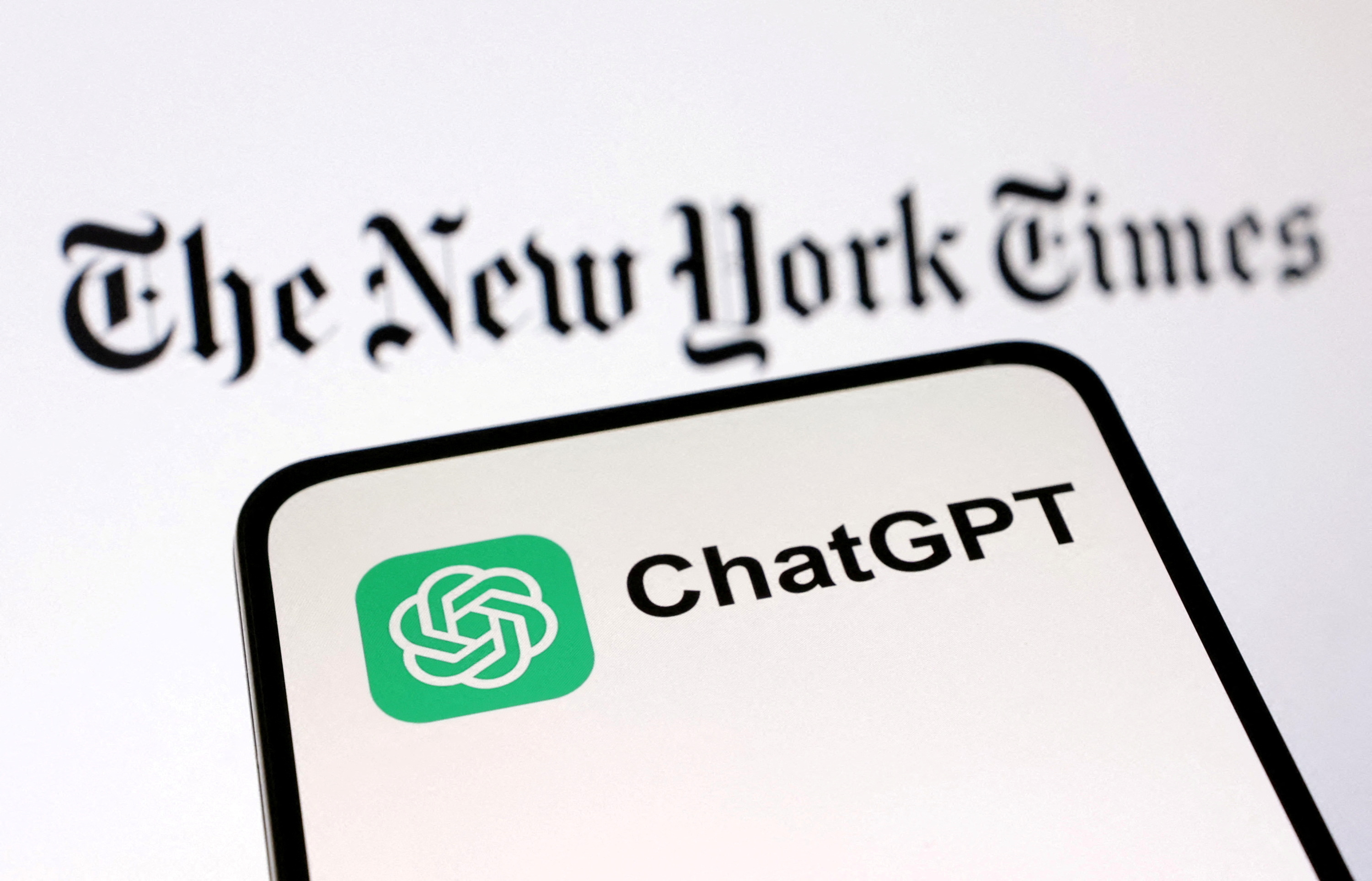Open AI whistleblower Suchir Balaji found dead in San Fransisco ...
A former researcher at the artificial intelligence company OpenAI, known for whistleblowing the company who is currently facing multiple lawsuits over its business model, has been found dead in his San Fransisco apartment, local authorities confirmed to The Mercury News this week.
Tragic Discovery
Suchir Balaji, 26, was found dead on Nov. 26 inside his Buchanan Street apartment, according to San Francisco police and the Office of the Chief Medical Examiner. Police were called to his apartment around 1 p.m. on the day he was discovered for calls of someone asking them to do a welfare check on the 26-year-old.
Key Information
The cause of death was ruled to be a suicide, according to the medical examiner and police officials said this week that there is “currently, no evidence of foul play.” Information Balaji held was key to a lawsuit against the company, whose popular ChatGPT chatbot has become a seemingly overnight sensation with hundreds of millions of users and generating millions for the company.
Allegations and Lawsuits
Balaji had allegedly revealed information about the company that showed that they may have violated U.S copyright law during the development of ChatGPT. Soon after the platforms release, the company was inundated with lawsuits from authors, computer programmers, and journalists claiming they stole copyrighted work that was used to train artificial intelligence. The platform is estimated to be worth over $150 billion.

Legal Battles
Several news outlets including The New York Times, have filed lawsuits in the past year against OpenAI. Balaji argued in an interview with The Times in October that the company was harming businesses and entrepreneurs who OpenAI used to train ChatGPT.
Legacy and Impact
“If you believe what I believe, you have to just leave the company,” he told the outlet, adding that “this is not a sustainable model for the internet ecosystem as a whole.”
Balaji was born and raised in Cupertino, Calf, and studied computer science at UC Berkeley. He told the Times that it was in college that he grew to believe that AI could be used to make the world a better place by helping to heal disease and halt aging.
“I thought we could invent some kind of scientist that could help solve them,” he told the newspaper.

Legal Perspective
Two years after joining OpenAI Balaji reportedly began to grow skeptical of the fast-growing technology and the practice of gathering data from the internet to train the AI. He told The Times that the practice exploits internet "fair use" laws, which govern how people can use previously published work.
No known factors “seem to weigh in favor of ChatGPT being a fair use of its training data,” Balaji wrote. “That being said, none of the arguments here are fundamentally specific to ChatGPT either, and similar arguments could be made for many generative AI products in a wide variety of domains," Balaji wrote on his personal website.
Legal Support
In a letter filed in federal court on Nov. 18, attorneys for The New York Times named Balaji as a person with “unique and relevant documents” to help support their case against Open AI. The newspaper has reportedly named at least 12 people, many of them past or present OpenAI employees in their lawsuit as people who could have important information about the case.
“Microsoft and OpenAI simply take the work product of reporters, journalists, editorial writers, editors, and others who contribute to the work of local newspapers — all without any regard for the efforts, much less the legal rights, of those who create and publish the news on which local communities rely,” the newspapers’ lawsuit said.




















